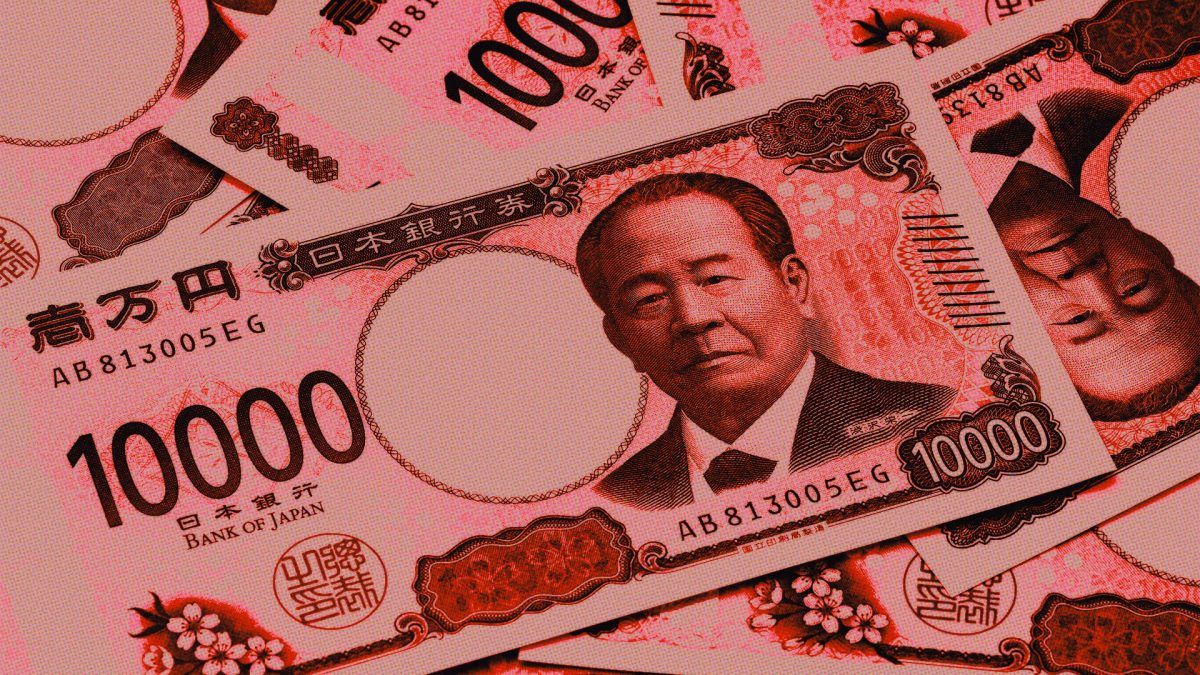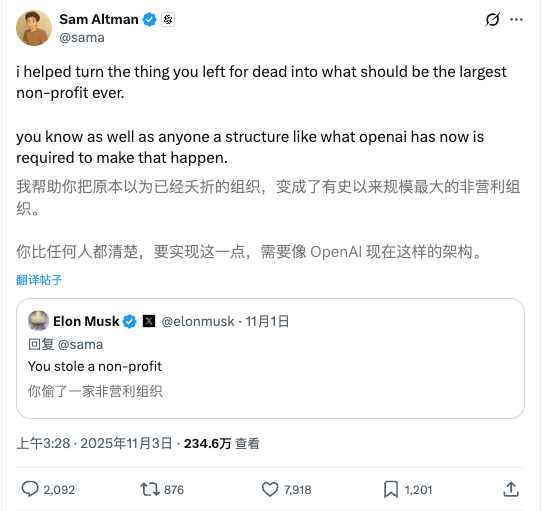Japan's JPYC launches country's first yen-denominated stablecoin
Quick Take JPYC Inc. said today it launched the country’s first legally recognized yen-backed stablecoin. The JPYC stablecoin is designed to maintain a 1:1 peg with the yen and is fully backed by yen deposits and Japanese government bonds, the company said.

Japanese fintech firm JPYC Inc. said it has launched the country's first legally recognized yen-denominated stablecoin, JPYC. Trading began on Monday, local time.
JPYC Inc. said in a press release that it starts issuing the JPYC token on Monday alongside launching its dedicated issuance and redemption platform, JPYC EX. The company registered as a fund transfer service provider with Japan's Financial Services Agency in August.
The JPYC stablecoin is designed to maintain a 1:1 peg to the Japanese yen and operates on blockchains including Avalanche, Ethereum, and Polygon. The company backs all issued JPYC with 100% reserves held in yen deposits and government bonds, following regulations under Japan's Payment Services Act.
The company said that users can acquire JPYC through the JPYC EX platform after completing identity verification via the My Number card, which is Japan's identity document issued to citizens and residents.
The stablecoin issuer has set an ambitious target of 10 trillion yen ($65.4 billion) in circulation within three years, and it aims to expand supported blockchains and collaborations with businesses. For comparison, USDT — the world's largest stablecoin — currently has a circulating supply of about $183.2 billion.
Several Japanese businesses have announced plans to incorporate JPYC into their services, the company said. Fintech software firm Densan System is developing payment systems for retail stores and e-commerce platforms incorporating the JPYC stablecoin, while Asteria plans to add JPYC functionality to its enterprise data integration software used by over 10,000 companies. Crypto wallet HashPort also intends to support JPYC transactions.
The JPYC launch comes as Japan bolsters oversight of its emerging stablecoin sector. In June 2023, the country revised its stablecoin regulations , requiring service providers to register under the Funds Settlement Act and the Banking Act in order to issue or manage the circulation of stablecoins.
Several major Japanese financial institutions have begun exploring stablecoin issuance. For example, SMBC has announced plans in April to launch its own stablecoin with Ava Labs and Fireblocks, according to Nikkei.
Disclaimer: The content of this article solely reflects the author's opinion and does not represent the platform in any capacity. This article is not intended to serve as a reference for making investment decisions.
You may also like
The Deep Transformation of TBC-UTXO Architecture: The Underlying Code of the Global Machine Economy Network
UTXO is no longer just a "proof of transfer," but has become a "universal language" for value exchange between machines, serving as a quantum bridge connecting the physical and digital worlds.

With his retirement imminent, Buffett has accumulated $382 billion in cash, setting a new all-time high!
Warren Buffett has reduced his stock holdings for the third consecutive year, with Berkshire Hathaway's cash reserves soaring to 382 billions USD. As the "Oracle of Omaha" takes these actions before stepping down, is he defending against risks or preparing for the next round of low-price investments?
Another Fallout! Musk and Altman's Old Grudges Reignite
From Tesla Roadster refunds to the restructuring of OpenAI, the conflict between two tech moguls has flared up again. Elon Musk angrily accused Sam Altman of stealing OpenAI, while Altman responded: "You abandoned it, I saved it, why can't we look forward?"

